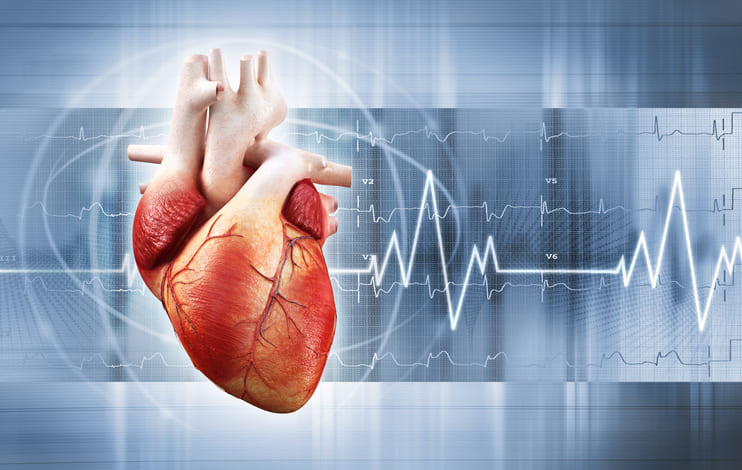The polarization of microglia/macrophages after cerebral ischemia is critical for post-stroke damage/recovery. Previously, we found that pseudoginsenoside-F11 (PF11), an ocotillol-type saponin, has neuroprotective effects on permanent and transient cerebral ischemia in rats. This study aimed to investigate the effects and potential mechanisms of PF11 on microglia/macrophage polarization following transient cerebral ischemia in rats. In vivo data showed that oral administration of PF11 (12 mg/kg) significantly attenuated cognitive deficits and sensorimotor dysfunction, infarct volume and brain edema in transient middle cerebral artery occlusion (tMCAO)-treated rats, as well as reduced the loss of neurons and the over-activation of microglia in penumbra of ipsilateral striatum and cortex. Notably, the proportion of M2 microglia/macrophages in the total activated microglia/macrophages peaked on day 14 after tMCAO in rats, while PF11 promoted its peak advancing to day 3 post-tMCAO, which allowing the damaged brain to enter the repair period more quickly. Furthermore, PF11 increased the expression of anti-inflammatory markers and decreased the expression of pro-inflammatory markers in ipsilateral striatum and cortex. In addition, in vitro data showed that PF11 inhibited the induction of M1 microglia by oxygen glucose deprivation/re-oxygenation (OGD/R)-induced neurons, and promoted the polarization of microglia to M2 phenotype in a Jumonji domain-containing protein 3 (Jmjd3)-dependent manner. Moreover, PF11 promoted the protection of M2 microglia and attenuated the exacerbation of M1 microglia on OGD/R-induced neuronal damage. Taken together, these results indicate that PF11 protects ischemic neurons by promoting M2 microglia/macrophage polarization in a Jmjd3-dependent manner, ultimately facilitating the functional recovery following transient cerebral ischemia.Copyright © 2021. Published by Elsevier B.V.
Pseudoginsenoside-F11 promotes functional recovery after transient cerebral ischemia by regulating the microglia/macrophage polarization in rats.


